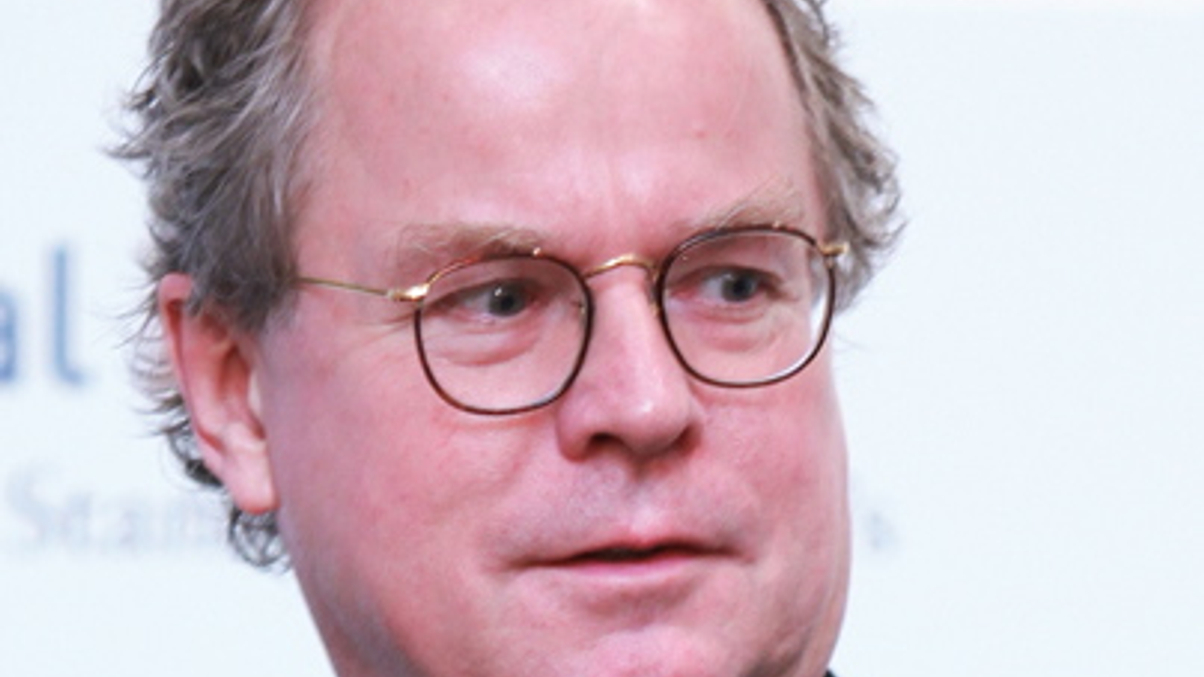Brace yourself for 2012 recession: Charles Dumas
Lombard Street Research’s Charles Dumas says the global economy will fall into recession and China won’t be able to help. US equities are best poised to lead investors to recovery.

American belt-tightening will tip the global economy into recession in 2012, predicts Charles Dumas, independent economist and chairman of London-based Lombard Street Research.
Sign in to read on!
Registered users get 2 free articles in 30 days.
Subscribers have full unlimited access to AsianInvestor
Not signed up? New users get 2 free articles per month, plus a 7-day unlimited free trial.
¬ Haymarket Media Limited. All rights reserved.


